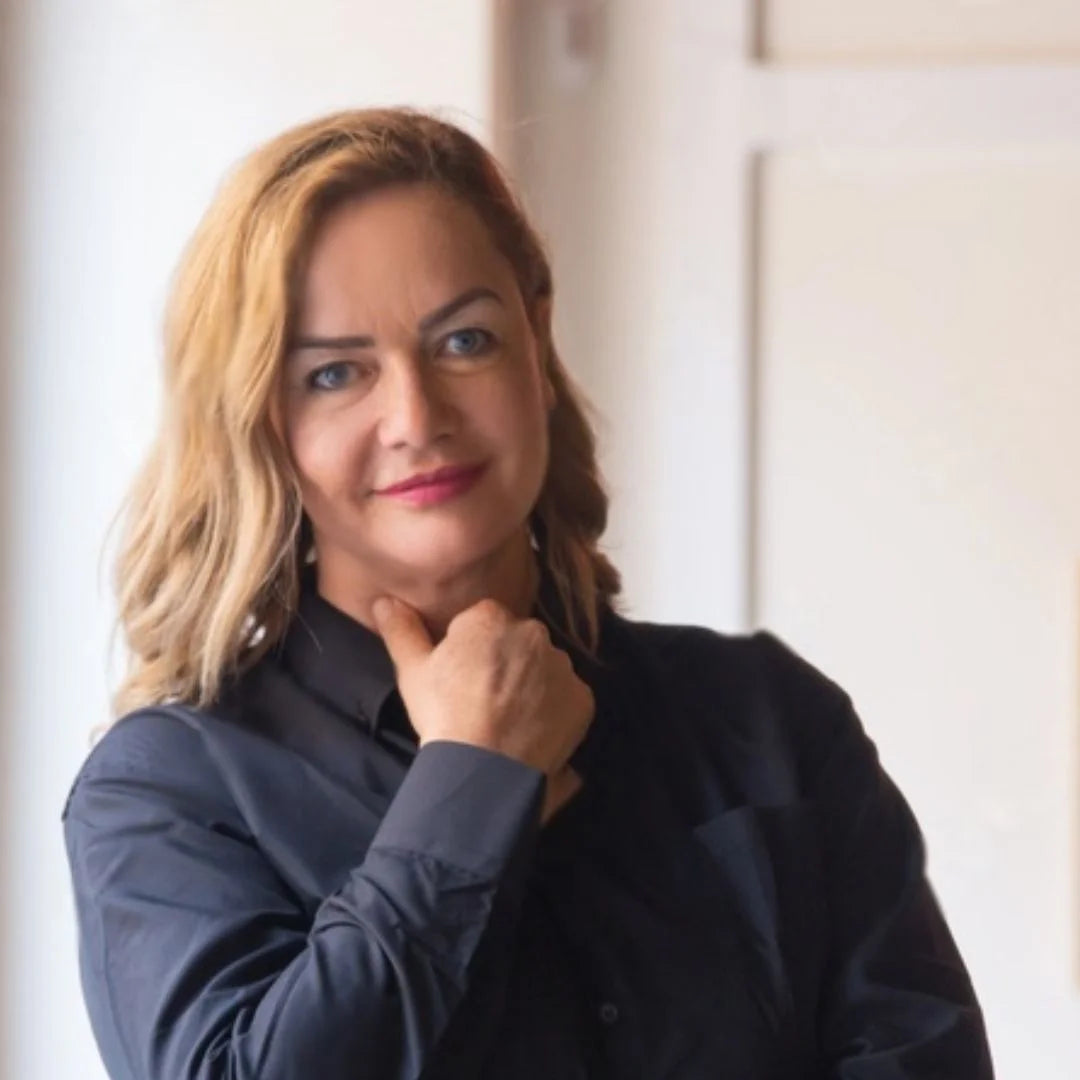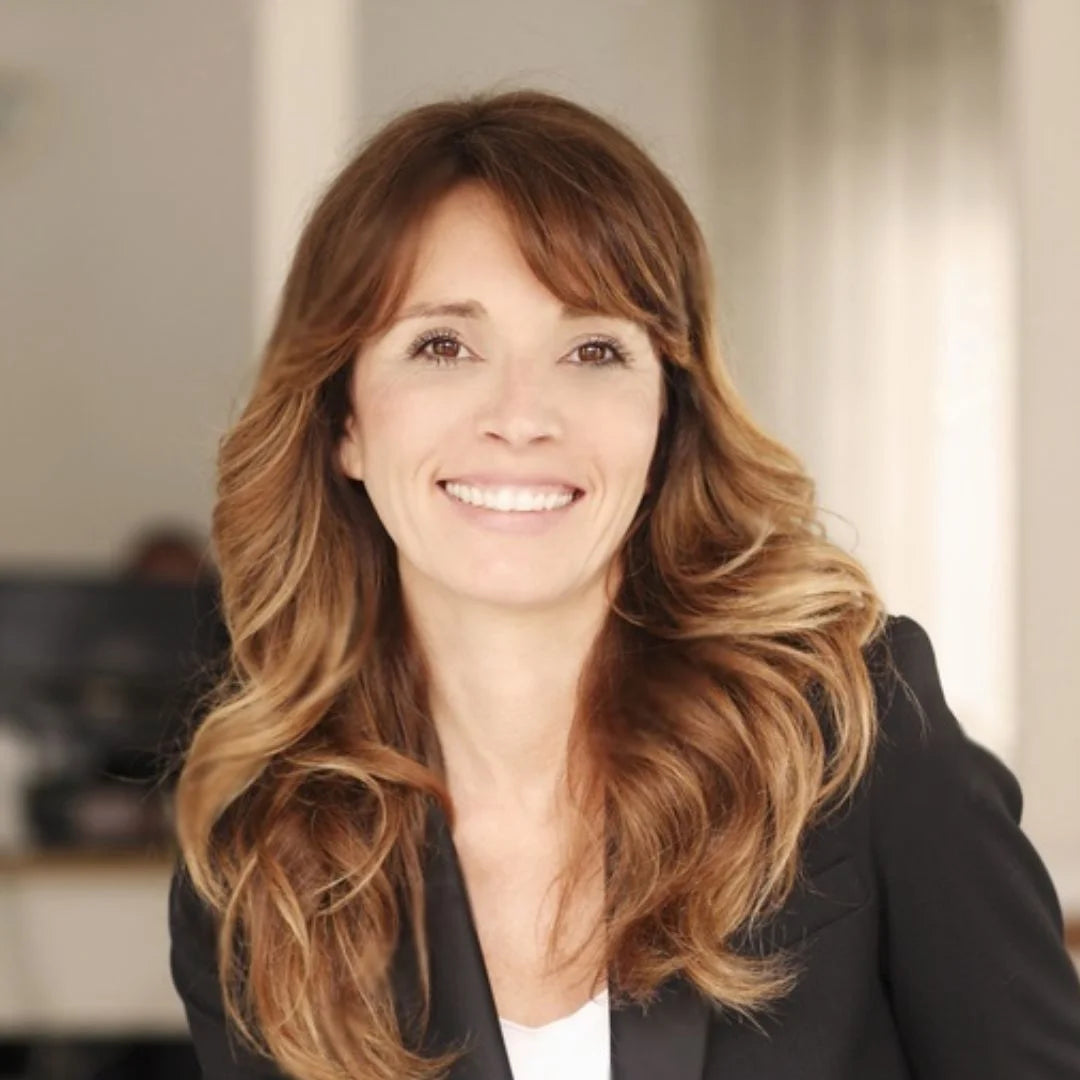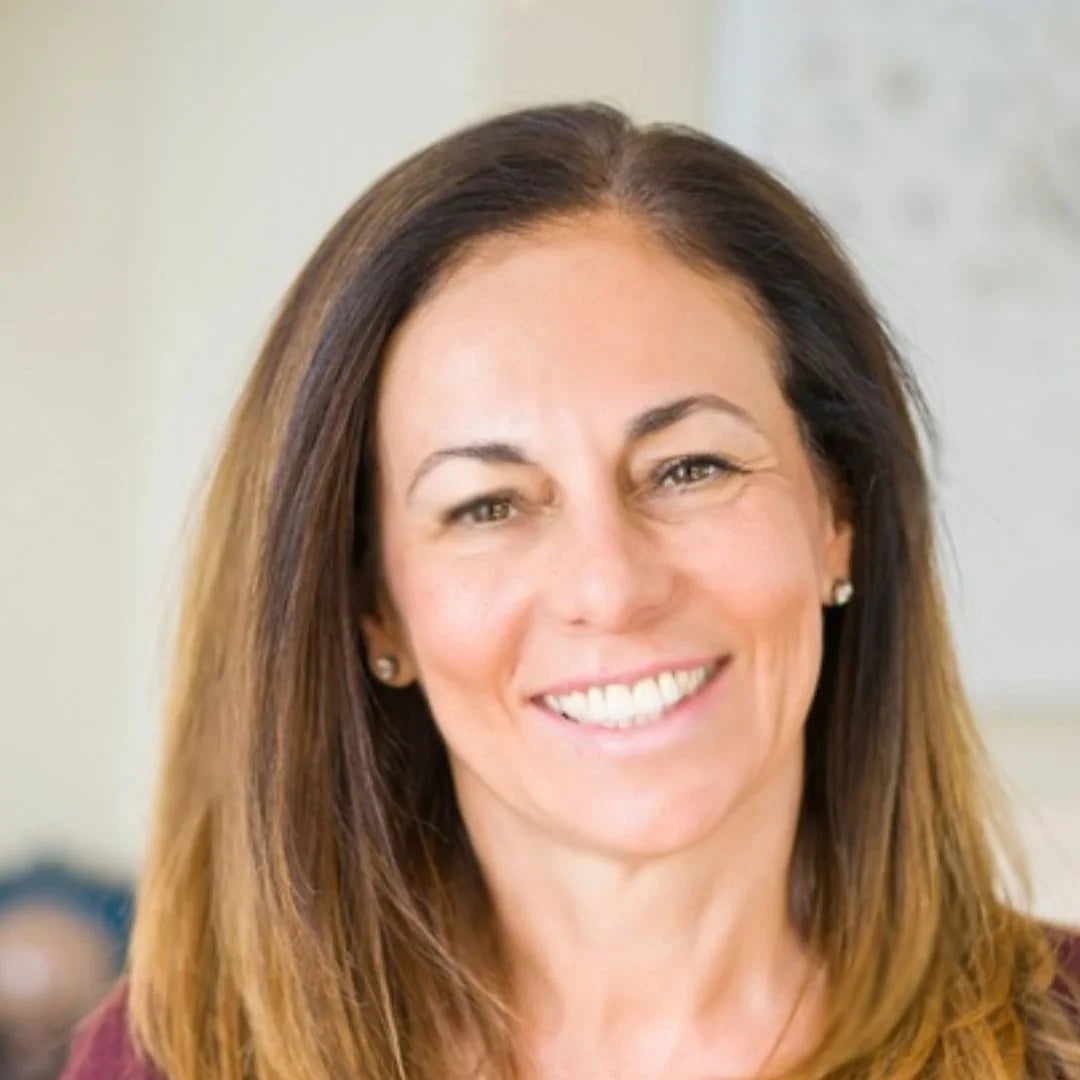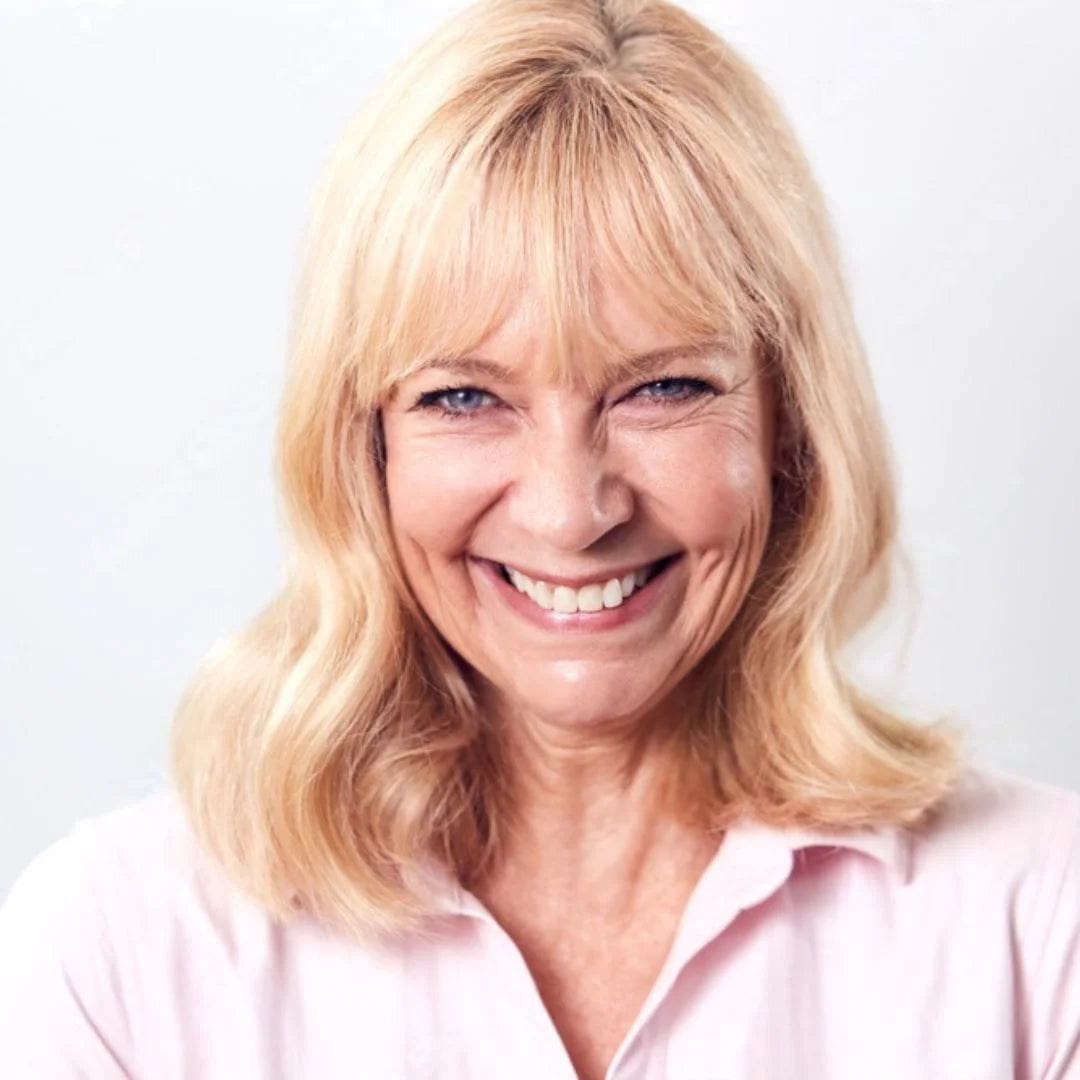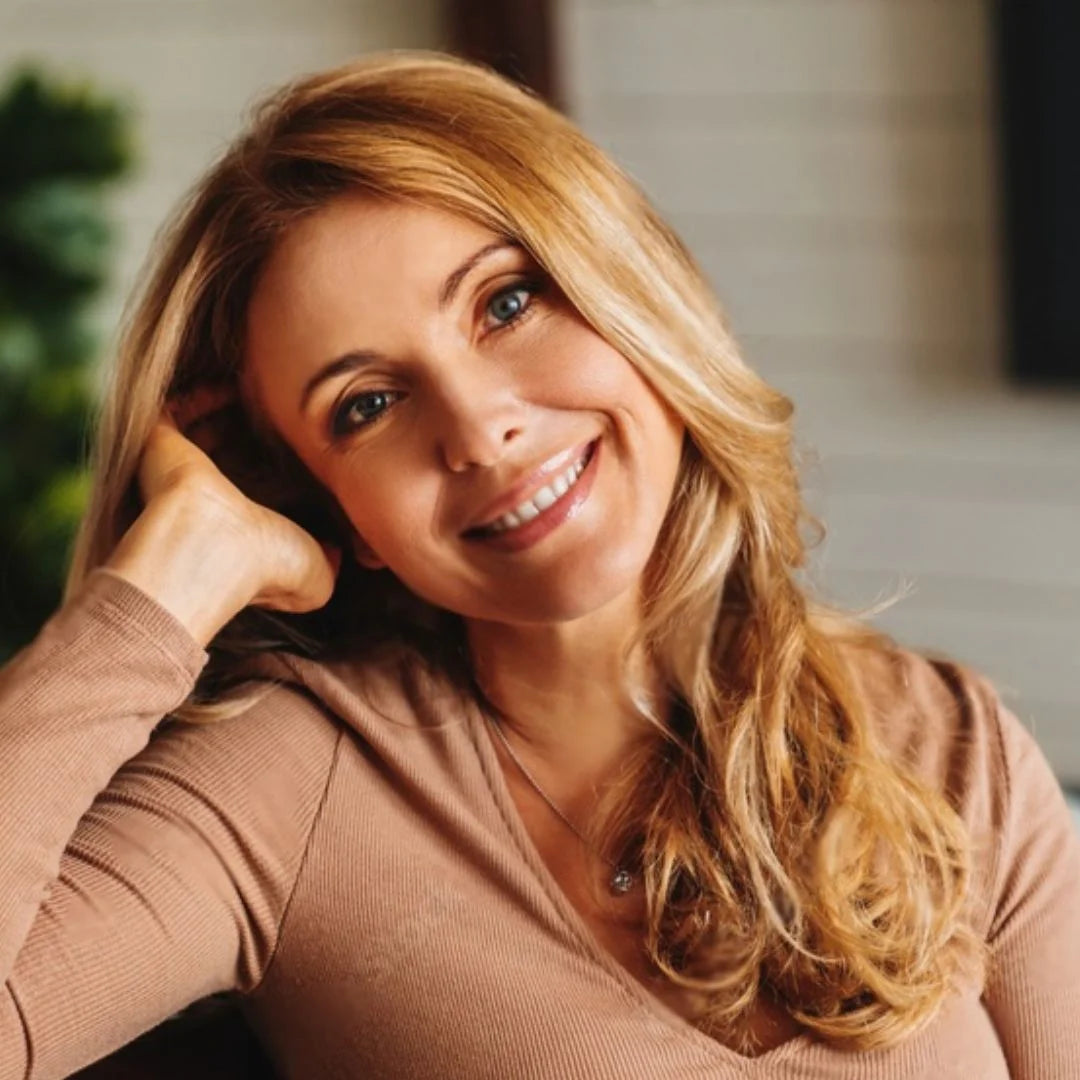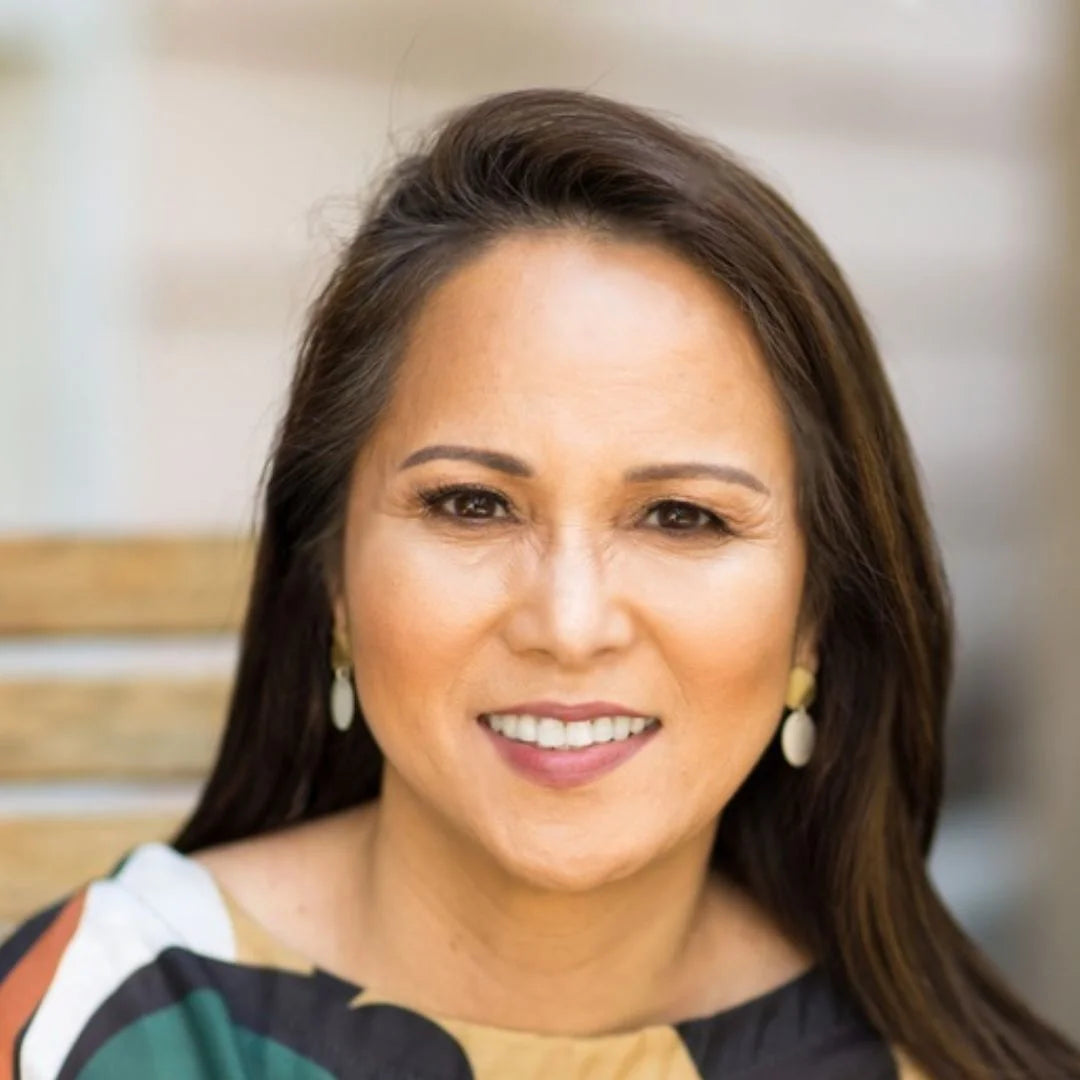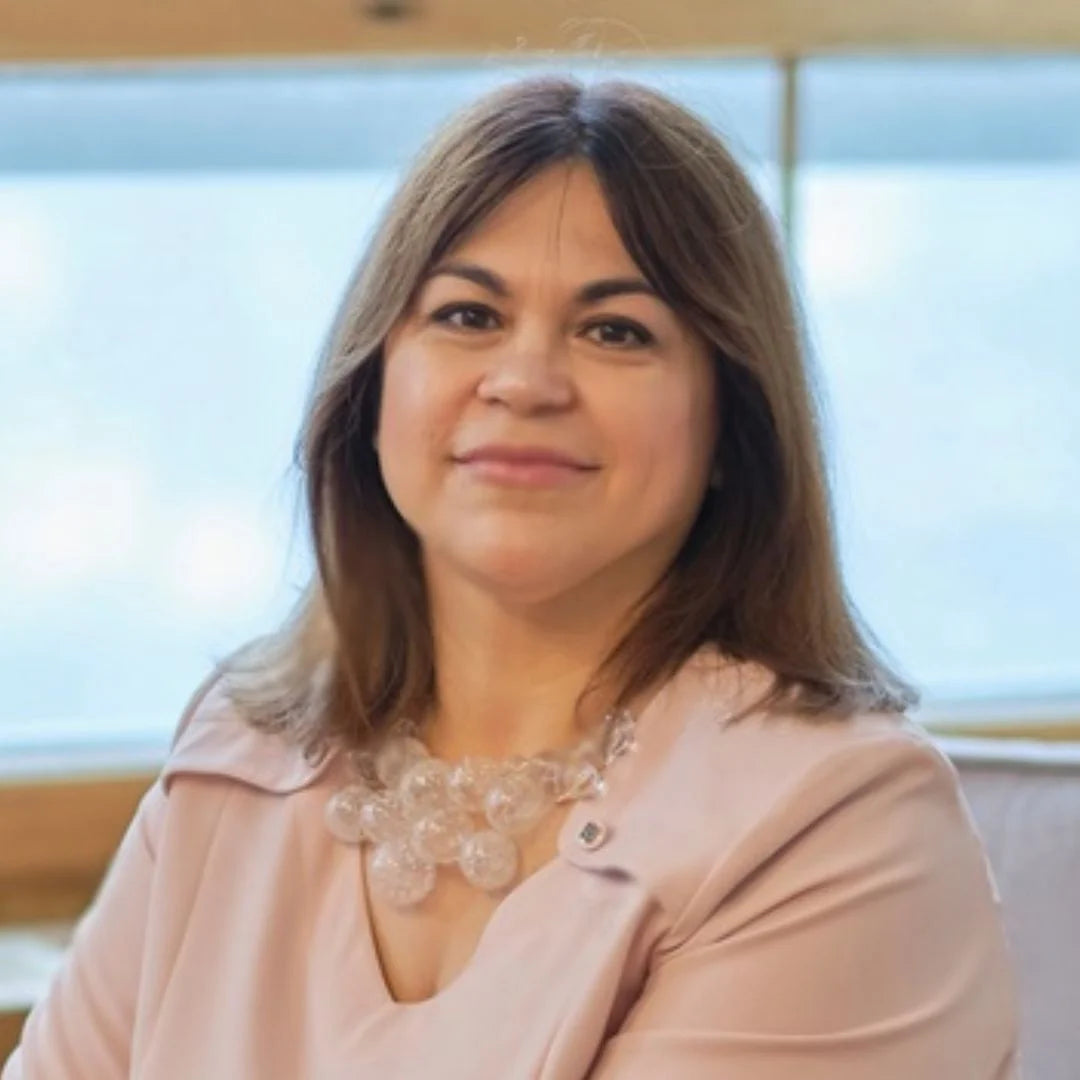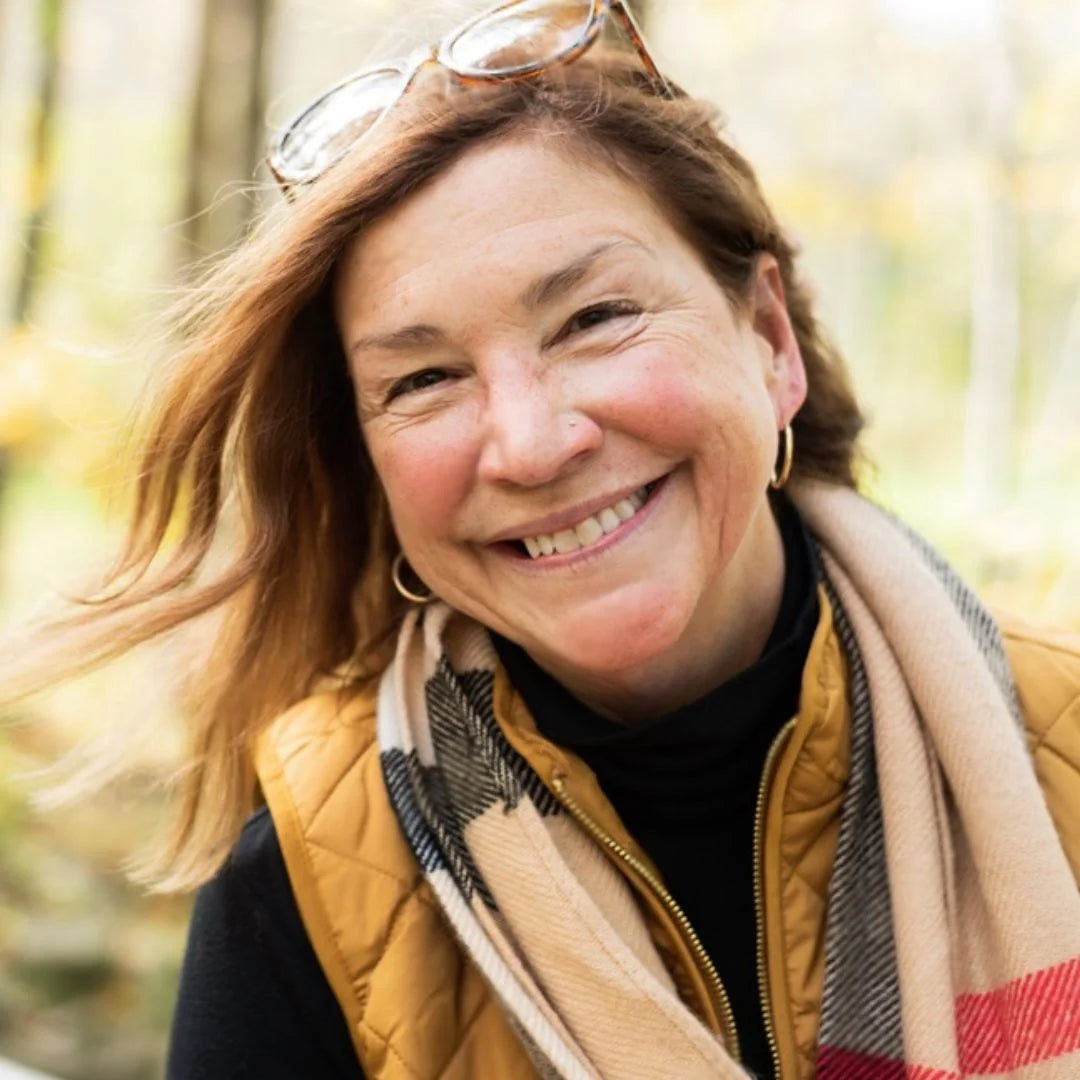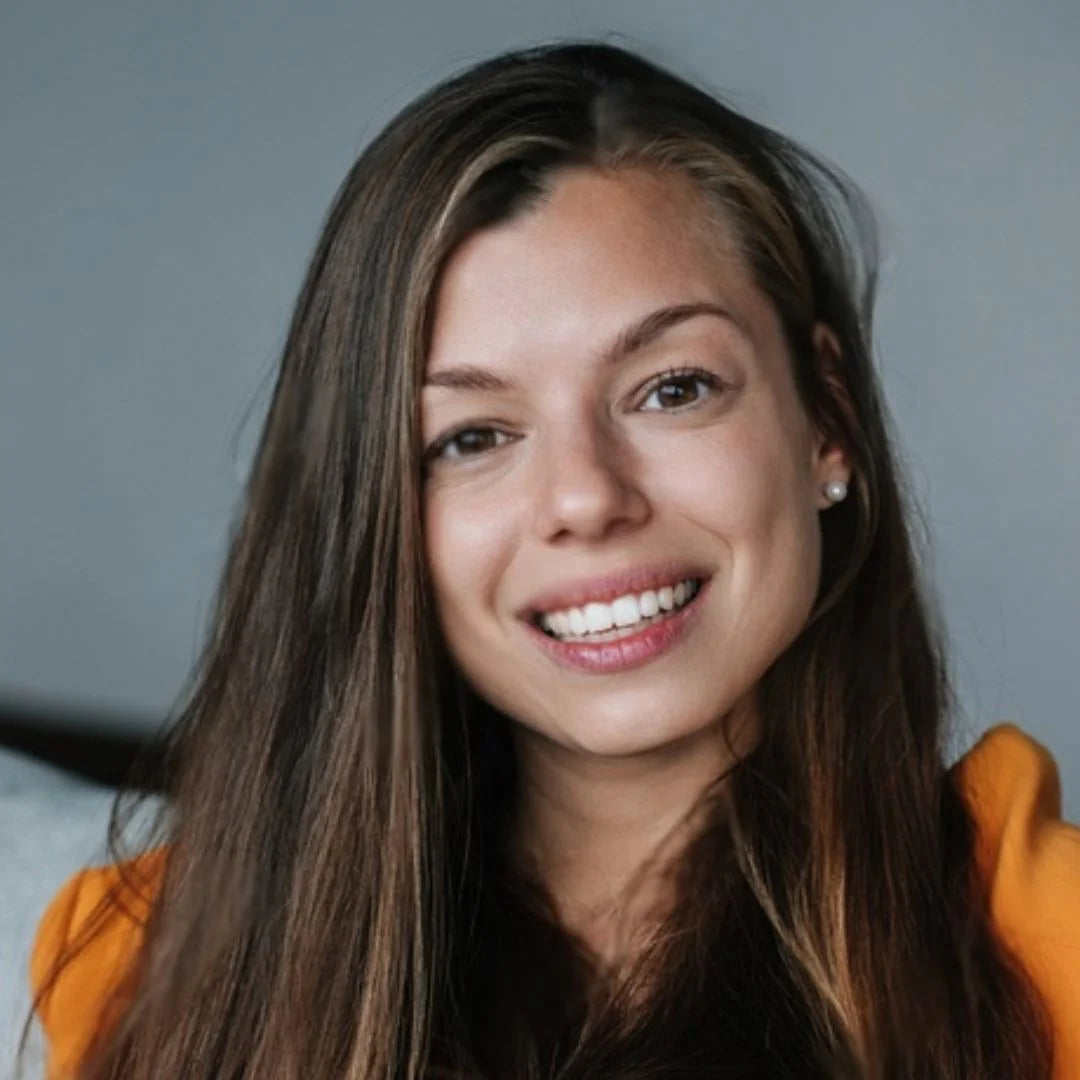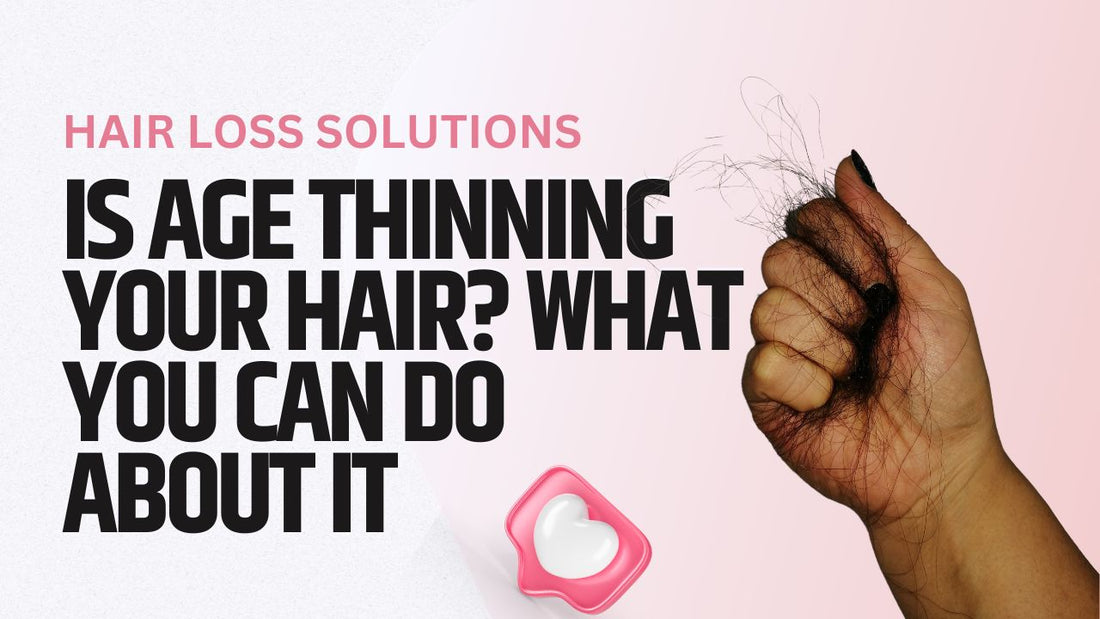
Is Age Thinning Your Hair? What You Can Do About It
Share
As time marches on, our bodies undergo a symphony of changes, and our hair is no exception. Thinning hair can be a subtle harbinger of the aging process, often going unnoticed until a significant change is evident. This article aims to shed light on this natural phenomenon, providing insight and proactive measures to help maintain the crowning glory of your hair despite the advancing years. Understanding is the first step toward action, and recognizing the early signs of age-related hair thinning is crucial for effective intervention.

Understanding Hair Thinning and Aging
The Biology of Hair Growth
Hair growth is a dynamic process, involving a cycle of growing, resting, and shedding. This cycle ensures a healthy head of hair, replacing the old with the new. However, as we age, this cycle can slow down, leading to thinner, more fragile hair. It's a complex interplay of genetics, hormones, and environmental factors that contribute to this inevitable change.

The Impact of Aging on Hair
With aging, hair strands can become finer and lose their color, while hair follicles may produce less hair over time. This can result in a noticeable decrease in volume and density. The scalp's natural oils diminish, potentially leading to drier strands that are more prone to breaking. It’s a gradual process, but by understanding these changes, we can better address and manage them.

Distinguishing Age-Related Thinning from Other Types of Hair Loss
Not all hair loss is created equal. Age-related thinning, known as involutional alopecia, is characterized by a gradual reduction in hair volume and is a natural part of aging. However, it’s distinct from conditions like alopecia areata or pattern baldness, which can occur due to autoimmune issues or hormonal imbalances and may arise independently of age.
Early Signs of Age-Induced Hair Thinning
Recognizing the Early Signs
Awareness is paramount. Look for signs such as increased hair shedding, wider hair partings, a more visible scalp, or a decrease in ponytail circumference. These indicators can be subtle, so paying close attention to the changes in your hair over time is essential for early detection and intervention.

Self-Assessment for Hair Thinning
Performing regular checks can help track hair health. For example, you might notice more hair accumulation in your brush or shower drain. Consider taking photos over time to track changes in hair thickness and scalp visibility. These self-assessments can be valuable for spotting the early signs of thinning and discussing them with a healthcare provider.
Factors That Accelerate Hair Thinning with Age
Genetics: The Primary Culprit
Our genetic makeup plays a dominant role in how our hair ages. If you’ve noticed your parents or grandparents experienced hair thinning as they aged, the likelihood of you encountering the same issue is higher. Although genetics are beyond our control, understanding this predisposition can help us take timely, targeted actions to mitigate the effects.

Hormonal Changes and Menopause
For women, menopause marks a significant hormonal shift that can impact hair health. Estrogen and progesterone levels, which support hair growth and retention, decrease during menopause, leading to thinning and slower growth rates. Acknowledging these changes can guide us toward suitable interventions and treatments.

Nutritional Deficiencies and Hair Health
Hair is a reflection of our overall health, and nutritional deficiencies can exacerbate age-related thinning. Lack of sufficient protein, iron, vitamins D and B12, and other nutrients can lead to weakened hair and a sluggish growth cycle. It is, therefore, important to maintain a balanced diet or consider supplements after consulting with a healthcare professional.
Stress and Environmental Impacts
Chronic stress can take a toll on the body, including the hair. It can trigger telogen effluvium, a condition where more hairs enter the resting phase, leading to noticeable shedding. Environmental factors such as pollution and UV radiation can also damage hair proteins and scalp health, contributing to hair thinning. Reducing stress through mindfulness or other relaxation techniques and protecting hair from environmental damage are key preventive strategies.

Proactive Measures to Counteract Thinning Hair
Diet and Nutrition
Implementing a diet rich in hair-supporting nutrients is a proactive step towards maintaining hair volume. Foods high in omega-3 fatty acids, antioxidants, and minerals like zinc and selenium can promote a healthier scalp and hair. Small dietary adjustments can lead to significant improvements in hair health.

Scalp Care and Hair Treatments
Scalp care is hair care. Regular scalp massages increase blood flow, encouraging hair growth. Gentle hair treatments, avoiding harsh chemicals, and minimizing heat styling can prevent additional stress on thinning hair. Opt for volumizing products and consider consulting a trichologist for personalized treatment options.
Lifestyle Modifications
Beyond diet and topical care, lifestyle changes such as quitting smoking, regular exercise, and ensuring adequate sleep can have a profound impact on hair health. Each strand of hair can benefit from improved circulation and reduced toxin exposure resulting from these healthy habits.

Spotlight on Proactive Rosemary Hair Booster Oil
Introducing Proactive Rosemary Hair Booster Oil
Rosemary oil has been lauded for its potential to improve hair thickness and growth. The Proactive Rosemary Hair Booster Oil harnesses these properties, alongside other key ingredients, to form a potent blend designed for those experiencing age-related hair thinning.
Key Ingredients and Their Benefits
Each ingredient in the Proactive Rosemary Hair Booster Oil is selected for its ability to nurture the scalp and hair. For instance, grapeseed oil is rich in antioxidants, jojoba oil improves hydration, and rosemary oil stimulates the scalp. Together, they create a synergistic effect that can support hair health and counteract thinning.
Application Tips for Optimal Results
For best results, apply the oil directly to the scalp and hair, massaging gently. It’s designed for ease of use, requiring no dilution, and can also be added to shampoo. Regular application as part of your hair care routine can help in achieving a fuller appearance and healthier scalp.
Medical Interventions and Consultations
Seeking Professional Help
When initial attempts to combat hair thinning don’t yield desired results, it may be time to seek professional advice. Dermatologists and trichologists can offer medical assessments and recommend treatments such as minoxidil, laser therapy, or even hormone replacement therapy, depending on the individual’s condition and medical history.

The Role of Supplements
While a balanced diet is fundamental, certain supplements can provide additional support. Biotin, collagen, and specific amino acids are known for their hair-strengthening properties. However, it's imperative to consult with a healthcare provider before starting any supplementation to ensure its necessity and to prevent any potential interactions with existing medications.
Surgical Options
In cases where hair thinning is more advanced, surgical options like hair transplants could be considered. These procedures have evolved significantly, offering natural-looking results with minimal downtime. Understanding the process, costs, and realistic expectations are crucial before proceeding.

Real Stories: Overcoming Age-Related Hair Thinning
Inspirational Accounts
Sharing success stories of individuals who have tackled age-related hair thinning can provide encouragement and actionable ideas. Whether it’s through lifestyle changes, medical interventions, or consistent use of products like the Proactive Rosemary Hair Booster Oil, real experiences can inspire others to take action and discover solutions that resonate with their situations.
Nurturing Hope: Embracing the Journey
Adopting a Holistic Approach
Treating hair thinning is not solely about focusing on the hair itself but involves a holistic approach to health. Embracing this journey with a positive mindset and patience is crucial as changes can take time to manifest.
Creating a Supportive Community
Finding or creating a community for those going through similar experiences can offer a sense of belonging and provide a platform to exchange tips, experiences, and support. Online forums, local groups, or even social media can serve as excellent resources.

Empowerment Through Education
Continuing to educate oneself on the latest research, products, and methods to combat hair thinning can empower individuals to make informed decisions about their hair health. Resources such as webinars, workshops, and articles can keep one abreast of new developments.
Conclusion: Embracing Change with Grace and Strength
The Silver Lining
While age-related hair thinning is a natural part of life, it presents an opportunity to explore new facets of self-care and wellness. With the proper knowledge, support, and resources, it’s possible to face this challenge head-on and emerge with a sense of accomplishment and resilience.
A Call to Nourish and Flourish
Ultimately, the journey towards maintaining hair health is as much about nourishing the body and spirit as it is about applying the right oils or seeking treatments. It's a commitment to oneself, to age not just with grace but with vibrancy and vitality.
Frequently Asked Questions (FAQs)
What is the most common cause of hair thinning in aging individuals?
Genetics plays a significant role, along with hormonal changes, especially in women during and after menopause
Can age-related hair thinning be reversed?
While reversing hair thinning completely may not be possible for everyone, its progression can often be slowed, and the appearance of hair can be improved through various treatments and lifestyle changes.
How often should I use Proactive Rosemary Hair Booster Oil?
For optimal results, it is recommended to use the oil consistently as directed, which could be several times a week, depending on individual needs and hair types.
Is it too late to start treating hair thinning at 60?
It is never too late to start taking care of your hair. While prevention is beneficial, there are still many steps one can take to improve hair health at any age.
Do supplements for hair growth really work?
Supplements can help in cases where hair thinning is due to nutritional deficiencies. However, they are not a cure-all and should be used as part of a broader approach to hair health.





